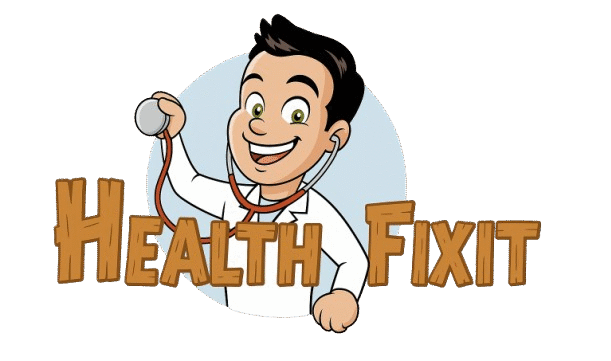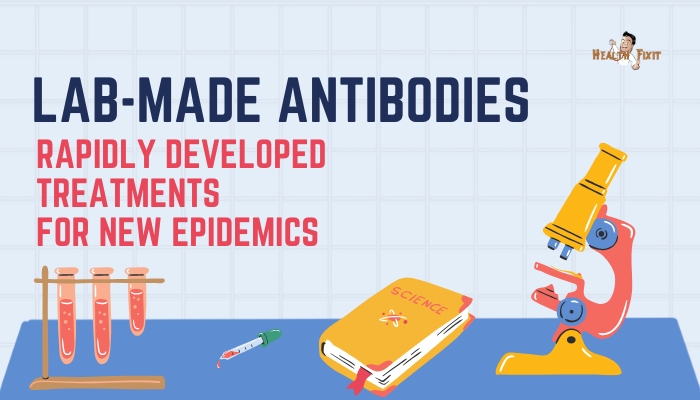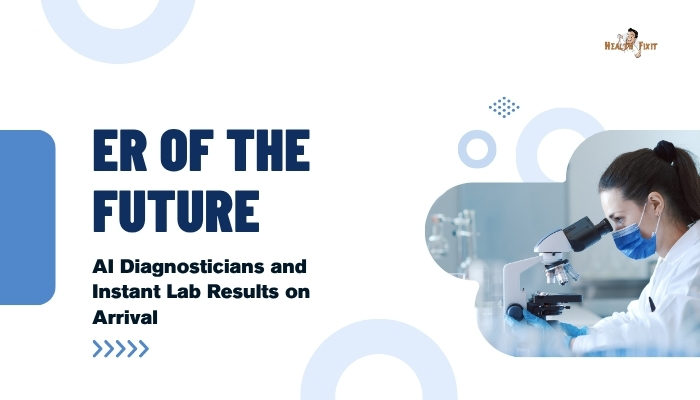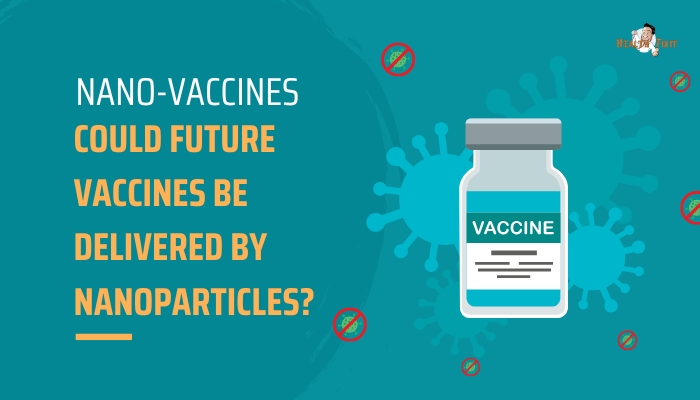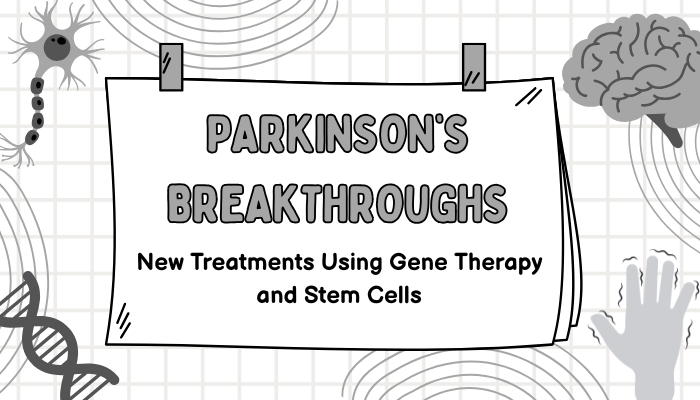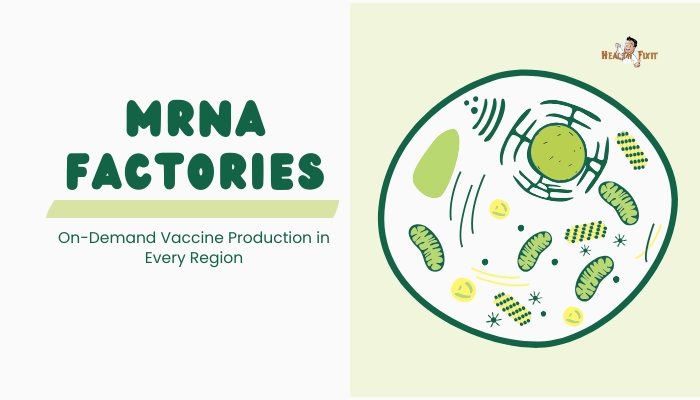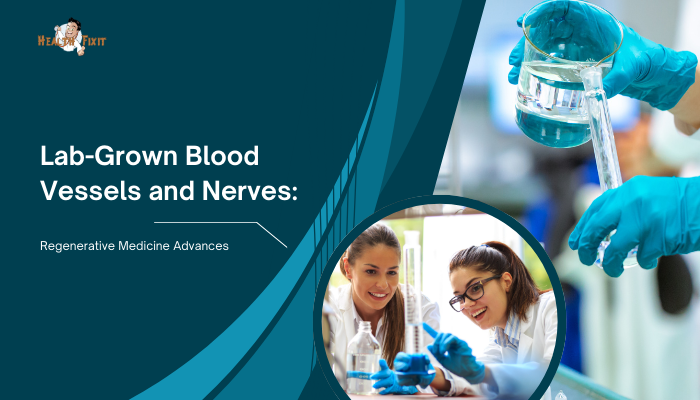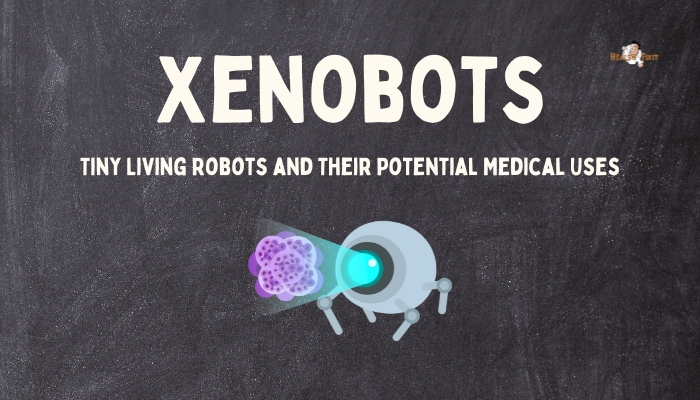Introduction
In fighting infectious diseases, antibodies are a key part of our immune arsenal. Over the past decades, scientists have learned to replicate and engineer these proteins in the lab,
producing monoclonal antibodies (mAbs) that specifically bind to pathogens and aid in neutralizing them
. As emerging infections—from novel coronaviruses to antibiotic-resistant bacteria—threaten global health, rapid antibody development can bridge the gap until vaccines or other remedies become available
. This article explores the science behind lab-made antibodies, their role in combating new epidemics, and the potential they hold for future outbreak preparedness.
The Basics of Antibodies
How Antibodies Defend the Body
Antibodies are Y-shaped proteins produced by B cells in response to an invading pathogen (virus, bacterium).
Each antibody targets a specific antigen—a unique molecular marker on the pathogen—locking onto it and flagging it for destruction or preventing it from entering cells.
In the lab, scientists replicate this mechanism by isolating and producing high concentrations of antibodies targeted against chosen antigens.
Monoclonal vs. Polyclonal
- Polyclonal Antibodies: A mixture of antibody types from different B cells, each recognizing slightly different parts of the antigen.
- Monoclonal Antibodies (mAbs): Cloned from a single B-cell lineage, all identical and specific to one antigenic site. Their consistency and specificity make them ideal for therapeutic use, ensuring predictable efficacy.
Rapid Development of Lab-Made Antibodies
Hybridoma Technique
Traditionally, mAbs are made by fusing antibody-producing B cells from immunized animals (often mice) with myeloma (cancer) cells
, forming hybridoma lines that produce large amounts of a single antibody. Though time-tested, this process can be somewhat slow and requires extensive screening.
Phage Display and Recombinant Methods
Phage display libraries contain billions of antibody fragments expressed on viral surfaces, allowing quick selection of those that bind a target antigen.
Coupled with recombinant DNA technology, scientists can refine the selected antibodies, humanize them (reducing animal components), and mass-produce them in mammalian or microbial cells.
Synthetic and AI-Driven Approaches
Advanced labs can design novel antibodies from scratch using computational modeling or machine learning. By predicting protein–protein interactions, they can engineer binding sites to target newly identified pathogens quickly, accelerating development from months to weeks.
Fighting New Epidemics
Early Containment of Outbreaks
In an outbreak scenario (e.g., Ebola, SARS-CoV-2), speed is essential. Rapid antibody pipelines mean scientists can identify neutralizing antibodies from recovered patients or from advanced libraries, then scale production to treat infected individuals or protect high-risk populations.
Temporary Immunity
Unlike vaccines, which train the immune system for long-term defense, monoclonal antibody therapies offer immediate but temporary protection. They can significantly reduce mortality while vaccine research continues, bridging the gap in the early epidemic stage.
Examples
- Ebola: Treatments like ZMapp combined multiple mAbs targeting Ebola virus glycoprotein, proving essential during the 2014–2016 outbreak.
- COVID-19: Regeneron’s and other companies’ monoclonal cocktails provided passive immunity, especially for high-risk patients, prior to widespread vaccine availability.
Production and Distribution Challenges
Manufacturing Scale
Producing large amounts of mAbs can be expensive and time-consuming, requiring specialized bioreactors and quality control. For widespread outbreaks, supply might lag behind demand unless robust infrastructure is in place.
Cold Chain Requirements
Like many biologics, mAbs often need refrigeration or freezing, complicating distribution to low-resource regions. Research on thermostable formulations is underway to expand global access.
Cost and Access
High R&D and manufacturing expenses can make advanced antibody therapies costly. Equitable global access demands either lowered production costs or supportive health policies and philanthropic initiatives.
Beyond Infectious Diseases
Cancer Therapy
Monoclonal antibodies have revolutionized oncology, targeting tumor-specific antigens (e.g., HER2 for breast cancer). Some are conjugated to toxins or radioactive molecules, delivering a powerful punch directly to cancer cells.
Autoimmune Disorders
mAbs that neutralize excessive immune signals (like TNF-alpha) help treat rheumatoid arthritis, inflammatory bowel disease, and other conditions. The success in these chronic ailments underscores the versatility of lab-made antibodies.
Future Personalized Medicine
As gene sequencing and proteomics advance, doctors can identify the precise molecular drivers of a patient’s disease, prescribing custom “designer antibodies” to block those pathways. This approach hints at a future where personalized antibody cocktails combat complex diseases with minimal side effects.
Looking Ahead
Pandemic Preparedness
National and international agencies may stockpile or rapidly mobilize “plug-and-play” antibody platforms, enabling immediate countermeasures for novel pathogens. Partnerships between industry, government, and nonprofits can expedite research and streamline approvals.
Improved Delivery
Scientists are exploring oral or inhalable antibody formulations for easier administration, possibly reducing the reliance on intravenous infusions in clinic settings. This could benefit large-scale usage during epidemics.
Ethical and Economic Dimensions
Balancing profit incentives and global health needs remains paramount. Ensuring fair access to life-saving antibodies for populations worldwide is a moral and pragmatic challenge
. Additionally, the high cost of novel biologics can strain healthcare budgets unless new financing and manufacturing strategies emerge.
Practical Tips for Patients and Providers
- Follow Clinical Trials: If facing a drug-resistant infection or severe disease, check for experimental monoclonal antibodies in advanced trials.
- Discuss with Specialists: Infectious disease experts or oncologists can weigh whether an antibody therapy fits a patient’s condition, considering cost, availability, and potential side effects.
- Stay Updated: The pipeline for new monoclonals is ever-growing. Keep track of the FDA or EMA approvals for novel antibody therapies relevant to emerging pathogens.
Conclusion
Lab-made antibodies offer a dynamic and targeted solution to modern medical challenges—from outbreak containment to chronic disease management. By harnessing advanced molecular techniques
, scientists can develop and mass-produce specific antibodies in record time, crucial when facing novel epidemic threats or treatment-resistant pathogens. While cost, distribution logistics, and regulatory complexities persist,
the potential to deliver near-instant immunity or precisely targeted therapy is transformative. Monoclonal antibodies have already changed cancer treatment paradigms and promise to do the same for infectious disease control.
Their successful deployment in recent global health crises underscores how swiftly innovation can materialize when science, technology, and public commitment converge.
References
- Casadevall A, Pirofski L. Antibody-based therapies for emerging infectious diseases. Emerg Infect Dis. 2015;21(3):394–401.
- Reichert JM. Marketed therapeutic antibodies compendium. MAbs. 2012;4(3):413–415.
- Chan AC, Carter PJ. Therapeutic antibodies for autoimmunity and inflammation. Nat Rev Immunol. 2010;10(5):301–316.
- Shanmugaraj B, Malla A, Phoolcharoen W. Emergence of therapeutic antibodies for COVID-19. J Pharm Sci. 2020;109(10):3479–3486.
- Brown JS, et al. The evolving role of monoclonal antibodies in the management of antibiotic resistance. Antimicrob Agents Chemother. 2019;63(12):e01154-19.
- Basu R, et al. Rational design of therapeutic antibodies for infectious diseases. Curr Opin Immunol. 2020;65:57–64.
- Qi Y, et al. Antibody engineering for next-generation therapeutics. MAbs. 2021;13(1):e1882184.
- Crowe JE Jr, et al. Antibody-based therapeutics for emerging infectious diseases. Emerg Infect Dis. 2019;25(6):1037–1047.
- Dale DC, et al. Therapeutic monoclonal antibodies in infectious diseases: a new wave in anti-infective therapy. Lancet Infect Dis. 2019;19(8):e302–e311.
- Kaplon H, Reichert JM. Antibodies to watch in 2021. MAbs. 2021;13(1):e1858066.
2/2
